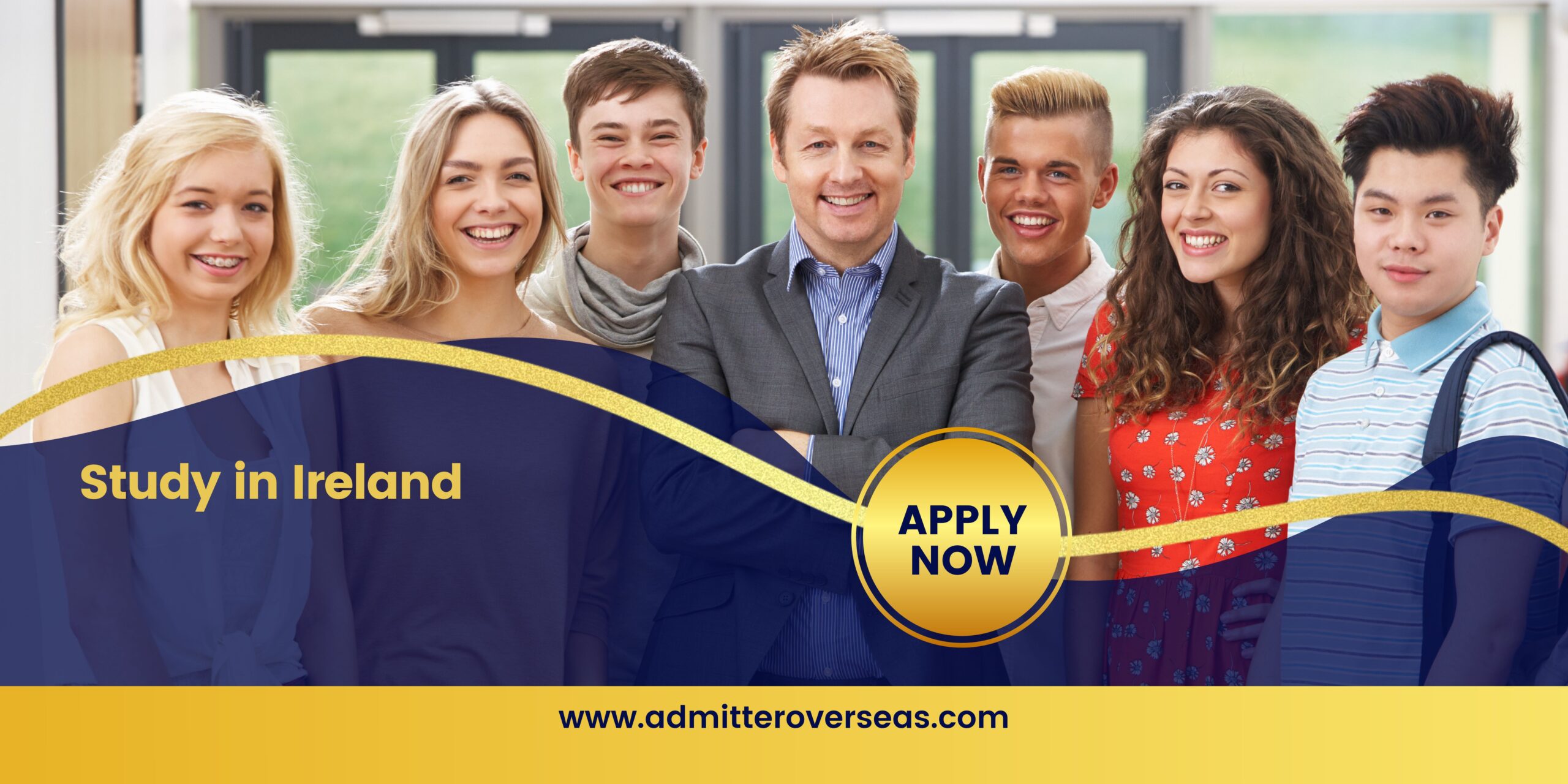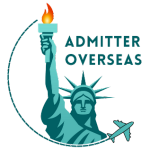
STUDY AND WÔRK IN IRELAND
Ireland has a population of 6.2 million, with almost 40% below 25 years, considered one of the fastest-growing economies in the world. Ireland boasts the highest quality of life globally, with a good climate featuring winter temperatures ranging between 4°C – 8°C and summer temperatures ranging between 12°C to the early twenties.
WHY IRELAND ?
- Students with 15 years of education are acceptable for post-graduation, unlike some countries.
- Ireland has a renowned education system in Europe.
- The unemployment rate is 14.2%, coupled with a fast-growing economy and over 150,000 international students.
- Master’s degree and one-year MBA programs are available, and prior work experience is not required.
- Part-time work (approximately 20 hrs/week) is permitted.
- Ireland is home to internationally recognized qualifications and offers extensive choices.
- Many well-recognized global companies have their European Headquarters in Ireland.
- Over 87% of Irish students between the ages of 20 to 24 have completed schooling, with almost 60% proceeding to higher education.
- Almost one thousand Multi-National Companies have established their presence in Ireland.
IRISH EDUCATION SYSTEM
- The three basic levels are Primary (8 years), Secondary (5 or 6 years), and Higher Education, which offers a wide range of opportunities from post-secondary courses to vocational and technical training, full degrees, and the highest post-graduate levels.
- The higher education system includes universities, the technological sector, colleges of education, and private, independent colleges.
- The institutions within the first three groupings are autonomous and self-governing but substantially state-funded.
- “Cooperative Education” includes placing students in employment relevant to their degree programs for six or eight months during their undergraduate studies.
- Some institutions in Ireland adopt this model as an integral part of the academic program.
ENTRY REQUIREMENTS : (Two options exist)
- Enroll in secondary school in Ireland and complete the Leaving Certificates Examination with Irish. This route is chosen by some students who commonly take the examination together with English language tuition.
- Study in recognized public institutions in their own country. This is a more common route as long as it is in full compliance with entry requirements. For medicine, 3 good ‘A’ Level passes (grades A/B) or the equivalent in relevant subjects are required. The minimum requirement for other degree-level programs is 3 grade ‘C’s at A level or equivalent. Students can apply to institutions directly or through the Central Applications Office for Undergraduate.
ENGLISH REQUIREMENT:
TOEFL: 100 (minimum score), P.T.E.: 6.5, IELTS: 6.5. Almost 110 private English language training schools provide short and long-term courses. Average fees range from €12,035 to £51,635.
COST OF LIVING:
A single student requires between €8,000 to €12,000 per year for living expenses.
ACCOMMODATION:
The higher education system in Ireland is called Third Level Education or Tertiary Education with on-campus student residences often resembling small towns with on-site facilities such as restaurants & shops besides other allied.
Self-catering rented accommodation, often shared with other students, may be secured 2-3 weeks prior to the commencement of the academic year. Host family accommodation helps to integrate students into the Irish way of life, with their own room and morning and evening meals in most cases.
INTAKE:
The main intake is in September, and a few universities offer a February intake.
DOCUMENTS REQUIRED FOR AN APPLICATION:
- Attested copies of the mark sheets of Std X, XII.
- 2 Academic Reference Letters from professors who have taught you the most.
- At least one work reference letter from an employer who can comment on your professional skills and abilities if you were employed by them.
- Statement of Purpose.
- Curriculum Vitae/Portfolio in the case of students applying for Arts and Design.
- Extra-curricular Activities.
SCHOLARSHIP:
Overseas students sponsored by their own governments or through other international scholarship programs can contact institutions directly to avail these scholarships.
USEFUL LINKS:
- International Education Financial Aid: www.iefa.org
- ICOS (Irish Council for Overseas Students): www.ico.sirI.ie
- Irish Research Council for the Humanities and Social Sciences: www.irchss.ie
- Science Foundation Ireland: www.sfi.ie
- The Irish Fulbright Commission (for students from the USA): www.fulbright.ie
- Development Cooperation Ireland Fellowships: www.dci.gov.ie
- Ireland Indian Embassy: www.irelandinindia.com
- The Irish Naturalisation and Immigration Service (INIS): www.inis.ie
- Informative website about IOTs in Ireland: www.ioti.ie
- Student travel card in Ireland: www.studenttravel.in
EMPLOYMENT IN IRELAND:
Part-time: Only students attending a full-time course of at least one year’s duration leading to a qualification recognized by the Minister for Education and Science will be entitled to take up casual employment up to 20 hours for part-time work per week or full-time work during vacation periods. Full Time: Third Level Graduate Scheme: For students who have completed a qualification at either Level 9 (master’s degree or post-graduate diploma) or Level 10 (doctoral degree) whose award is granted by a recognized Irish awarding body will be eligible to remain in Ireland for two years to seek employment.
Students completing Level 8 programs (Honors undergraduate degrees) are allowed a 12-month stay-back option, whereas those completing a Level 7 qualification (ordinary undergraduate degree) are given a six-month stay-back effective from the date of exam results.
INDUSTRY IN IRELAND:
Ireland is a highly developed democracy with a modern economy particularly strong in the areas of software development, pharmaceuticals, manufacturing, and international services. Dublin, Ireland, is Google’s European Headquarters and its largest operation outside the US, with employees from over 40 countries.
VISA:
Visa processing takes up to 4 to 5 weeks upon submission of a letter of acceptance from the college confirming acceptance and enrollment in a full-time education course, involving a minimum of 15 hours of organized daytime study each week. Evidence of financial support for tuition fees and living expenses is required for visa issuance.
Along with the visa form, you need to submit personal information, academic qualifications, and financial strengths equating to £10,000 for each year as living expenses. Generally, you are granted a visa for the entire duration of the course, and student visas are Multi-Entry Visas.
VISA FORMALITIES:
- Well-stocked with visa application forms & visa updates.
- Comprehensive personal guidance regarding completion of visa application forms.
- Verification & advice by specially trained accountants with regards to preparation financial documents in the manner recommended by the high commissions.
BANK LOAN ASSISTANCE:
- Tie-ups with well-known banks and NBFCs.
- Application fee
